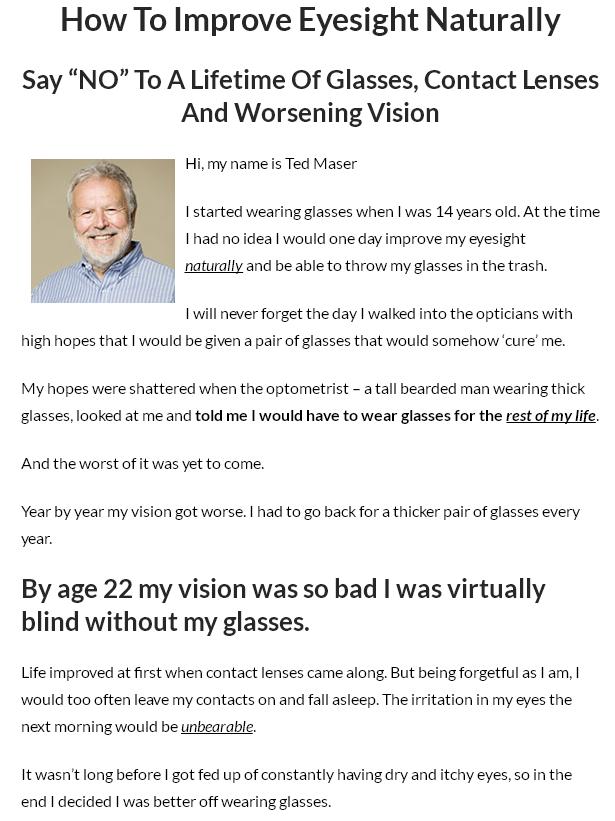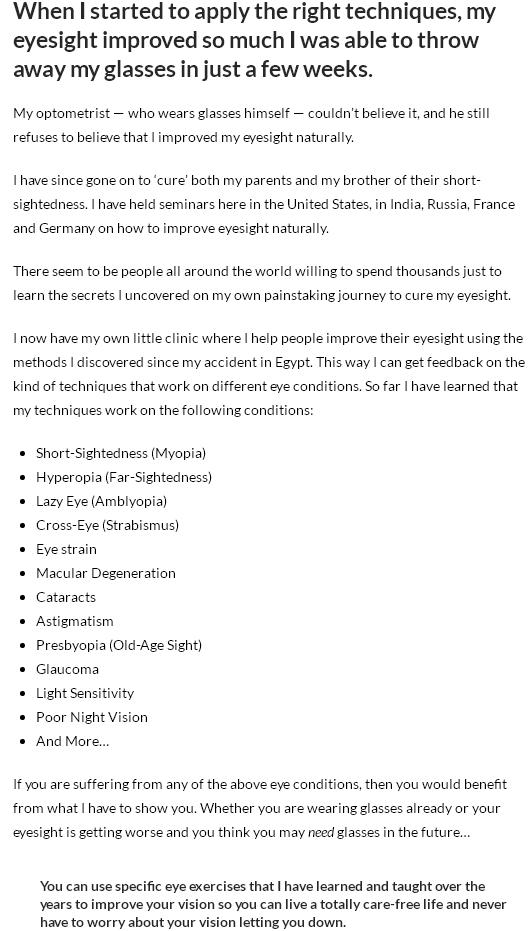It has been sometime since we talked about the eye care professionals in your community. I thought this would be a good time to reacquaint you with the people responsible for helping to keep your eyes healthy and your vision sharp.
A recent survey by the National Consumer League, a Washington, DC consumer advocacy group, found that there is considerable confusion by the general public about the difference between eye care providers – including opticians, optometrists and ophthalmologists. By understanding the differences in education, training, credentialing and experience you will be in a better position to select the eye care provider that is best suited for your eye care needs.
Let’s talk about opticians first. The optician is a state licensed practitioner who fits eyeglasses following the prescription provided by an optometrist or ophthalmologist. They assist in selecting frames that are right for the type of prescription you require, that the frames fit properly and comfortably and ensure the lenses are correctly made. Their education consists of completing the associate in opticianry degree at an accredited college or university or completing a two-year apprenticeship program with an approved optician and optical lab. They then must pass the state licensing board’s written exam. Some opticians will apply to and pass the American Board of Opticianry’s certification exam to become nationally certified but this is not a requirement to maintain state licensure.
The services and requirements to practice optometry are much more complex than for opticianry. An optometrist provides routine primary eye care by doing exams to detect problems with vision such as color blindness, near and far sightedness, lazy eye and eye coordination. They also study how to diagnose diseases and conditions of the eye such as glaucoma and cataracts. Optometrists must obtain a Doctor of Optometry (OD) degree from an approved and accredited school of optometry. This four-year course of study takes place after receiving a college undergraduate degree. To begin practicing optometry they must then pass a written and oral state licensing board exam in order to receive their license to practice optometry. Depending on state law, optometrists may be allowed to prescribe certain medications for treating eye disease.
The ophthalmologist is a medical doctor (MD) who specializes in all aspects of eye health. In addition to routine eye exams, they use both medical and surgical treatments to manage eye disease, conditions and disorders and repair eye injuries. The ophthalmologist must not only complete a college undergraduate degree but, must also earn an MD degree through four years of medical school and complete a rigorous combined four-year internship and residency program in ophthalmology. During this time he or she must also take a multi-part written exam by the National Board of Medical Examiners and a multi-part written and oral exam by the American Board of Ophthalmology to become licensed and board-certified in the treatment and surgery of eye disease. A small number of ophthalmologists will have their surgical skills judged by a panel of experienced surgeons to apply for certification by the American Board of Eye Surgeons.
Now that you have an understanding of the differences in the knowledge and expertise of the members of the eye care team you can select the provider that is best suited to take care of your unique eye problem. Be sure that you are comfortable with their level of training, certification and experience. Carefully considering whom you will trust with the health and welfare of your eyes will ensure that you have the best opportunity to protect your vision throughout your lifetime.
Enjoy your Memorial Day Weekend and remember to honor those who have made the sacrifices necessary for you to enjoy the freedoms we hold dear.



